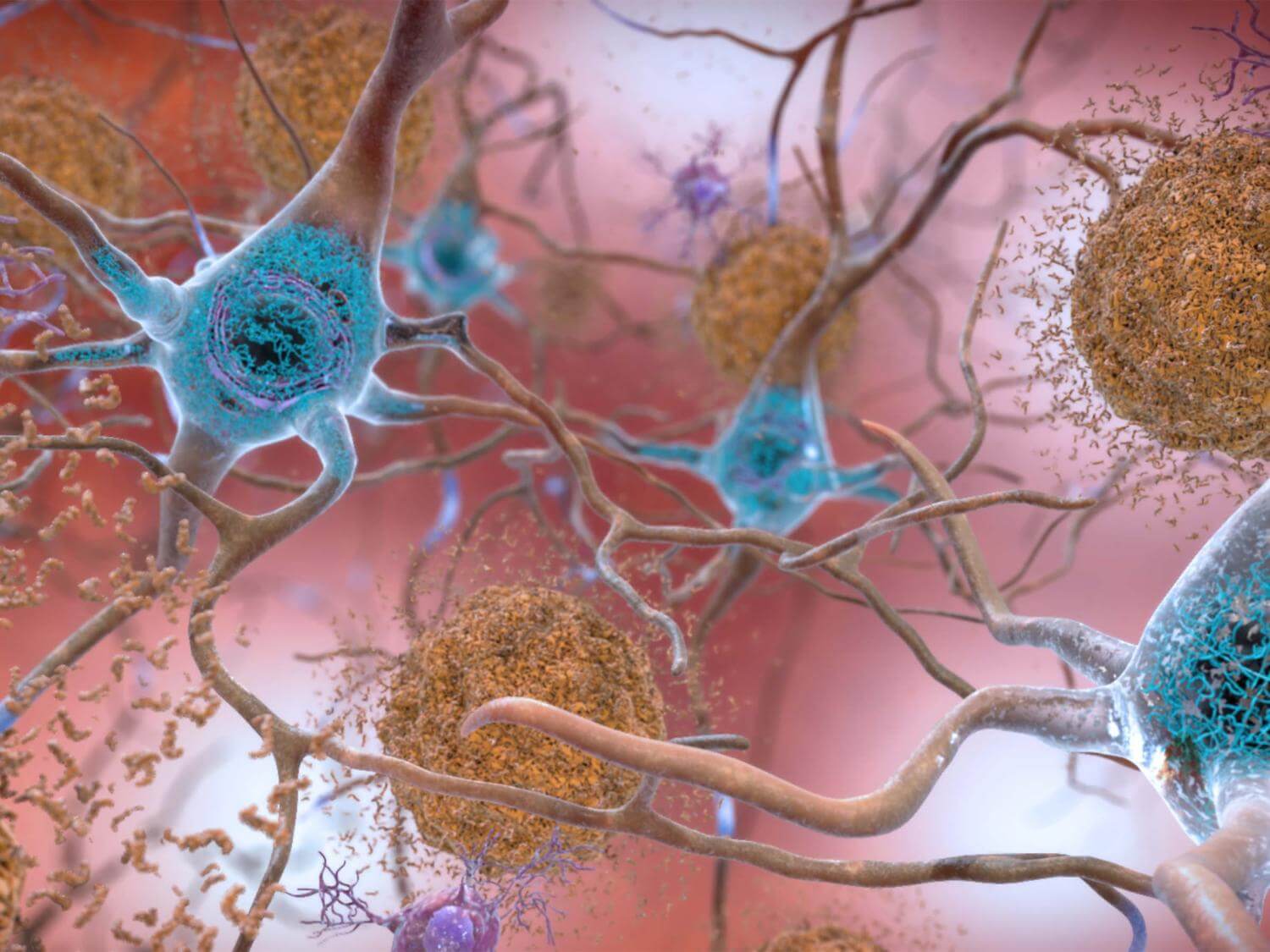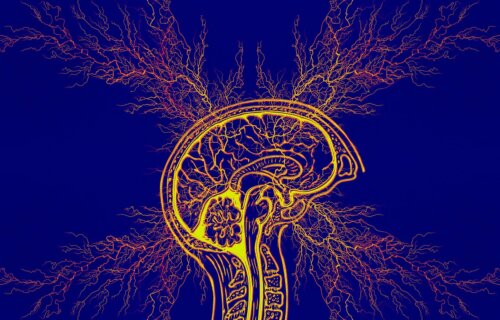MINNEAPOLIS — Scientists have previously found that certain genes can increase a person’s risk of developing Alzheimer’s disease later in life. Now, it appears those same genes may also increase the risk of developing epilepsy, according to a new study. Moreover, those with a specific form of epilepsy may be more likely to develop Alzheimer’s.
“Our research found that not only are people with Alzheimer’s disease more likely to develop epilepsy, but also that those with focal epilepsy, which accounts for more than half of all cases of epilepsy, were more likely to develop Alzheimer’s disease,” says study author Jiali Pu, PhD, of Zhejiang University School of Medicine in a media release.
The team from China looked at genetic variations in 111,326 people with Alzheimer’s disease and 677,663 people without, using a genome-wide association study. This type of study involves looking at long strands of DNA to examine the small differences in the genetic sequences between people with and without the condition. To find out if there was a cause-and-effect between genetic variations and epilepsy risk, the researchers used a study design known as Mendelian randomization.
They found that having Alzheimer’s displayed an association with a 5.3-percent increased risk of generalized epilepsy, which is characterized by having seizures that originate from both halves of the brain. Additionally, the team discovered a 1.3-percent increased risk of focal epilepsy with hippocampal sclerosis, which involves recurring seizures only on one side of the brain.
The researchers then investigated the genetic variations of 15,212 people with epilepsy, matching their genes to those of 29,677 people without epilepsy. Those with focal epilepsy with hippocampal sclerosis were almost four times more likely to develop Alzheimer’s disease compared to those without epilepsy at all.

Lastly, the team analyzed the genes of 13,116 people with a protein called amyloid in their cerebrospinal fluid, the hallmark biomarker for Alzheimer’s disease. A low amount of amyloid suggests that a patient has an increased amount of harmful amyloid plaques in the brain. They found that genes predicting a decreased amount of the biomarker were associated with a higher risk of generalized epilepsy.
At this time, there isn’t a cure for Alzheimer’s disease or epilepsy. Therefore, having a better understanding of each disease state separately and their links to one another is a step in the right direction for improving screening and treatment efforts and outcomes for affected patients.
“More effort should be made to screen for seizures in people with Alzheimer’s disease and to understand the impact of seizures on those facing these two challenging neurologic conditions,” says Pu.
The findings are published in the journal Neurology.
You might also be interested in:
- Mozart effect a myth? Listening to music does not treat epilepsy
- A minty cure? Smelling menthol reduces symptoms of Alzheimer’s disease
- Best Brain Supplements: Top 5 Cognition Boosters Most Recommended By Experts

